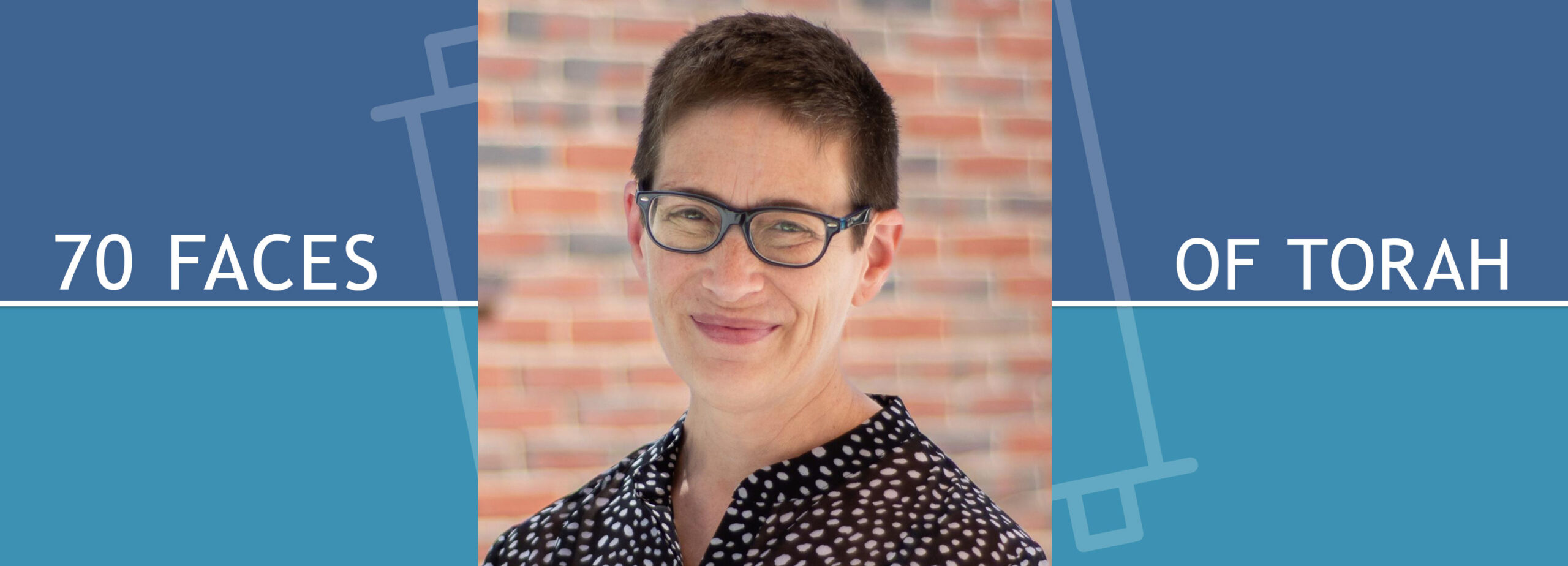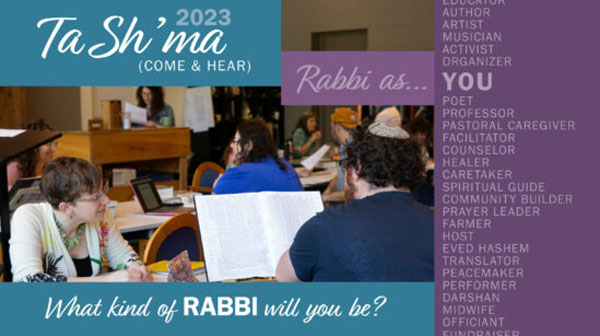Deuteronomy If Only It Were Now

Parashat Ki Tavo (Deuteronomy 26:1-29:8)
By the time we chant Parashat Ki Tavo in synagogue this Shabbat—with its ritual enumeration of blessings and curses, and its passage of rebuke so excruciating we traditionally read it in a voice barely above a murmur—my elder son, blessing of my heart, should be safely back at college for another year. As I write this now, he is still in my home for just another few days, already dreaming of rejoining his friends on campus while I ponder adjusting again to saying goodbye to this man-child, this intimate stranger whose very existence remade me.
Walking home from synagogue last Shabbat, we stopped by the library. The day was glorious: sunny and golden in the hold-onto-this way that late summer is sunny and golden. We passed a family with two young children; the elder one was climbing a tree and the younger, a toddler, was exploring smaller plant life nearby. I remarked to my husband, “Those were the days,” as we passed by these two high-intensity, fast-moving scientists exploring the natural world like it would disappear tomorrow. The scientists’ mother overheard me and said, not without exasperation, “Really?” There was a spark of skepticism in her voice, maybe even a flash of anger.
“Yeah. Really.”
It is impossible to convey just how short our children’s childhoods are.
It’s no surprise, then, that the verse that hit me hardest this week in studying Ki Tavo was this one, from the tochecha (rebuke):
בַּבֹּקֶר תֹּאמַר מִי־יִתֵּן עֶרֶב וּבָעֶרֶב תֹּאמַר מִי־יִתֵּן בֹּקֶר מִפַּחַד לְבָבְךָ אֲשֶׁר תִּפְחָד וּמִמַּרְאֵה עֵינֶיךָ אֲשֶׁר תִּרְאֶה׃
In the morning you will say, “If only it were evening…” and in the evening you will say, “If only it were morning…” because of that which your heart fears and that which your eyes see (Deuteronomy 28:67).
Taken as a whole, the tochecha (which is a recapitulation from a similar passage in Parashat Bechukotai) tells us of all that can and will go wrong if we turn away from God, if we do not engage with the mitzvot in a meaningful way and instead lust after false idols. It teaches of misalignment and dysfunction, of heartbreak and calamity, of losing battles and waning health, of crops failing and bread dough drooping, of parents so desperate with hunger that they devour their own children, of madness, of blindness and dismay. The rebuke describes in horrifying terms—the stuff of nightmares—what it is to live a life out of touch with the Divine. And the penultimate line of this agonizing litany is the one I quoted above, about wishing for morning at night and for night in the morning.
Our Torah sees the longing that inheres in our tendency to wish for a different time—the longings that whisper to us:
if only my children were older and less need-intensive;
if only my children were younger and we had more time together;
if only my parents would leave me alone and let me individuate;
if only my parents were here to advise.
These wishes, no matter how much they are steeped in love, are also threaded with pain. They direct us away from the world as it is now and curse us instead with unquenchable desires. If God is the continual unfolding of life (and death and love and hate and growth and decay and…), to wish for things to be different is to turn away from God.
The beginning of the parashah, by contrast, offers a more wholesome picture. In it we see an untarnished idea of what God wants from us as we enter the Holy Land. Namely, upon coming into the land, our first obligation is for service and gratitude. We settle the land and we take the first fruits of its soil and dedicate them to the Holy One. In so doing, we recall our past hardships, reciting a formula that begins, אֲרַמִּי אֹבֵד אָבִי My father was a wandering Aramean.
We gather up our first fruits and our stories and our pain and our gratitude at how far we’ve come,
וְשָׂמַחְתָּ בְכׇל־הַטּוֹב אֲשֶׁר נָתַן־לְךָ יְהֹוָה אֱלֹהֶיךָ וּלְבֵיתֶךָ אַתָּה וְהַלֵּוִי וְהַגֵּר אֲשֶׁר בְּקִרְבֶּךָ
And you, and your households, and the Levites, and the strangers in your midst shall rejoice for all the good which Adonai your God has given you (Deuteronomy 26:11).
And we rejoice, in this very moment. Not because it’s perfect, but because it’s here.
Please email the author if you would like to provide feedback.
Naomi Gurt Lind (she/her) is a Shanah Dalet student at the Rabbinical School of Hebrew College. These past few months, she served as summer rabbinic intern at Congregation Shirat Hayam in Swampscott and is slated to continue at Shirat Hayam in the fall, as well as at Temple Ahavat Achim in Gloucester and Temple Reyim in Newton. Naomi’s High Holiday pulpit this year is at Oberlin College Hillel. Also a sought-after educator, Naomi has taught several courses through Open Circle Jewish Learning, and at numerous local synagogues and community events. She has been known to move her classroom outdoors and around town, with a much-praised Pop-up Mishnah Study. Check out her upcoming Open Circle Jewish Learning class here. In her spare time, Naomi sings with the Zamir Chorale of Boston and edits the 70 Faces of Torah blog. She enjoys solving crossword puzzles (in pencil!), writing divrei Torah on her blog, Jewish Themes, and playing Bananagrams with her spouse and their two genius children.
Learn more about Hebrew College’s rabbinical and cantorial programs at Ta Sh’ma (Come & Hear), our November Open Houses (in-person & virtual options).


